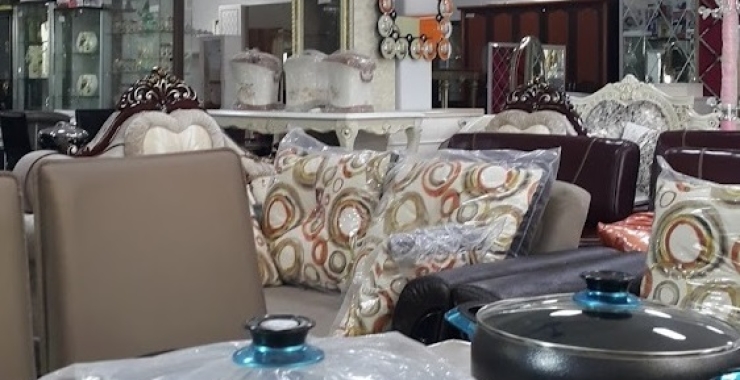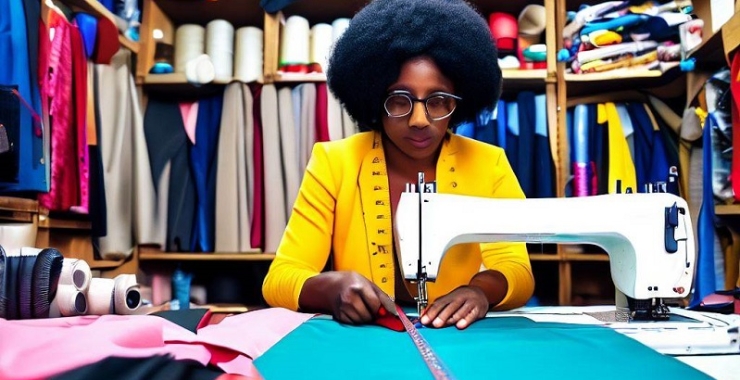haYola – Yola Business Listings: Your Gateway to Local Discoveries
Which tribe owns Adamawa State?
Which tribe owns Adamawa State? Surely, a lot of people seek answers to this question.
Have you ever wondered about the diverse tribes that paint the canvas of Nigeria’s Adamawa State?
If you’re curious about the ownership of this vibrant land, buckle up as we embark on a journey to uncover the tribes that call Adamawa State their home.
Adamawa State: A Land of Diversity
First things first, let’s set the stage. Adamawa State, nestled in the northeastern part of Nigeria, is a land of breathtaking landscapes, historical significance, and a rich cultural mosaic that spans different ethnic groups. It’s like a microcosm of Nigeria’s cultural tapestry, where diverse tribes coexist, each contributing to the vibrant story of the state.
Tribes That Define Adamawa State
So, who are the tribes that own Adamawa State? The answer is a mosaic of identities, each with its own traditions, languages, and way of life. Here are some of the prominent tribes that weave the fabric of Adamawa’s cultural landscape:
Fulani: The Fulani people, also known as Fulbe, are one of the major ethnic groups in Adamawa State. Known for their rich pastoral heritage, the Fulani have a strong presence in the state’s social and economic fabric. Their language, Fulfulde, dances off their tongues, and their traditions reflect a history that spans centuries.
Hausa: The Hausa culture has had a significant influence on northern Nigeria, including Adamawa State. The Hausa people bring their language, Hausa, which acts as a bridge between different ethnic groups. Their traditions and way of life have left an indelible mark on the state’s cultural canvas.
Gwamba: The Gwamba people are an important ethnic group in Adamawa State. Their culture, language, and traditions contribute to the diverse landscape of the state. Their presence adds to the tapestry of Adamawa’s identity.
Chamba: The Chamba people also play a role in shaping the cultural mosaic of Adamawa State. Their language and traditions reflect a unique heritage that’s cherished by both the Chamba people and the state as a whole.
Bwatiye: The Bwatiye people bring their own vibrant culture and traditions to the mix. Their language and customs enrich the cultural diversity of Adamawa State, showcasing the multiplicity of identities that coexist harmoniously.
And Many More: But the list doesn’t stop here. Adamawa State is also home to other tribes like the Bata, Kilba, Bura, and more. Each tribe contributes its unique colors to the canvas, creating a beautiful and complex masterpiece.
Unity Amidst Diversity
The beauty of Adamawa State lies in the way these diverse tribes coexist in harmony. Despite their differences, there’s an underlying sense of unity that binds them together. People from different tribes celebrate festivals together, share stories, and create a sense of community that’s truly heartwarming.
So, whether you’re intrigued by the Fulani’s pastoral traditions, the Hausa’s cultural influences, or the nuances of the Gwamba, Chamba, and Bwatiye, Adamawa State has something for everyone. It’s a land where identities merge and coexist, where languages carry stories, and where traditions form the threads that bind the tribes together.



